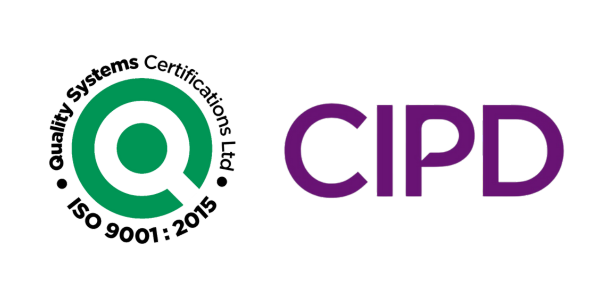
Messy Rooms and ‘Missing Trousers’

New research from BT Skills for Tomorrow has uncovered the biggest video interview faux pas – some of which could well be costing jobseekers their dream role.
The 500-strong study of recruitment decision-makers revealed that almost one-third admitted to not hiring a person based on something that they had seen in the backdrop of the call.
A further 58% said that a messy or untidy room in the background could cost a candidate the role, while 67% of interviewers believe that candidates didn’t put enough thought into their virtual video background.
The study found that some interviewees have been caught short, with 13% standing up midway through the call to reveal that they are dressed in joggers or underwear. Showing interviewers or recruiters that you are missing your trousers probably isn’t the best interview gambit.
20% of calls are said to have been joined by a household pet.
‘Video interviews will likely remain in future’
When the pandemic hit last year, and a large portion of people started to work from home, employers adapted hiring processes and relied on video calls to help them source the talent that they needed.
Going forwards, Hannah Cornick, Head of Digital Impact, Consumer at BT, said that video calls will likely remain part of the hiring process.
As such, she said that there is an opportunity for job candidates to “use this to their advantage”.
What has HR learned from the pandemic year?
Read more
What has HR learned from the pandemic year?
Cornick explained: “Being in control of your environment and in a familiar space can help reduce nerves and allow you to showcase your personality.
“While you can’t always plan for unexpected interruptions, there are things you can do when preparing for a video interview to ensure you come across professionally and set yourself up for success.
“This is the time to show the interviewer your strengths and how you stand out from the crowd, without any distractions from your surroundings,” she added.
Cornick’s thoughts – regarding the use of video calls in the hiring process going forwards – align with research which has pointed towards an appetite among employers to continue this post-pandemic.
In fact, research published in Jobvite’s 2020 Recruiter Nation Report found that 40% of recruiting experts believe that virtual interviews will continue to be the default moving forwards.
As such, it is crucial for jobseekers to know how to ace a virtual job interview to bolster their chances of securing the job.
How candidates can ace a virtual job interview
Mandy Watson, Director at employment agency Ambitions Personnel, told HR Grapevine that BT Skills’ research highlights the lack of preparedness in video interviews. Yet, she said that, sadly, this is not limited to them.
How virtual career transition is preparing candidates for the post-Covid world of work
From our content partner
How virtual career transition is preparing candidates for the post-Covid world of work
She explained: “As any recruiter will tell you, face-to-face meetings can take similarly unpredictable twists and turns, but we’re seeing a new level of this thanks to interviews being held in candidates’ homes.”
She advised candidates to prepare for virtual job interviews in the same way that they would if they were heading out to meet a potential employer.
The recruitment expert explained: “The basics are essential, connection, tidiness and etiquette should be at the back of your mind, along with the killer answers you have prepared for the range of questions you might expect for the position.
“If you’re able, set up a test call on the platform you are going to be interviewed on and call a friend or family member just to be sure it looks professional and that you won’t be caught out.
“Not everyone is as versed with video calls as we expect, so small elements that make all the difference should be paid attention to. Use natural light, elevate your camera to be at eye level and dress appropriately.
“Make sure any noise sources are switched off or in another room and just judge the situation for yourself. Visible hanging washing or piles of clutter don’t give the impression of an organised candidate,” Watson concluded.
Published by HR Grapevine – April ‘21
The post Messy Rooms and ‘Missing Trousers’ appeared first on Shepherd Stubbs.
BLOG


"Committed to Diversity and Inclusion"

HOME | CANDIDATES | CLIENTS | ADVICE CENTRE | CONTACT | BEDFORD | BIGGLESWADE | HUNTINGDON | LUTON | MILTON KEYNES | ST NEOTS | PRIVACY POLICY | PRIVACY STATEMENT
